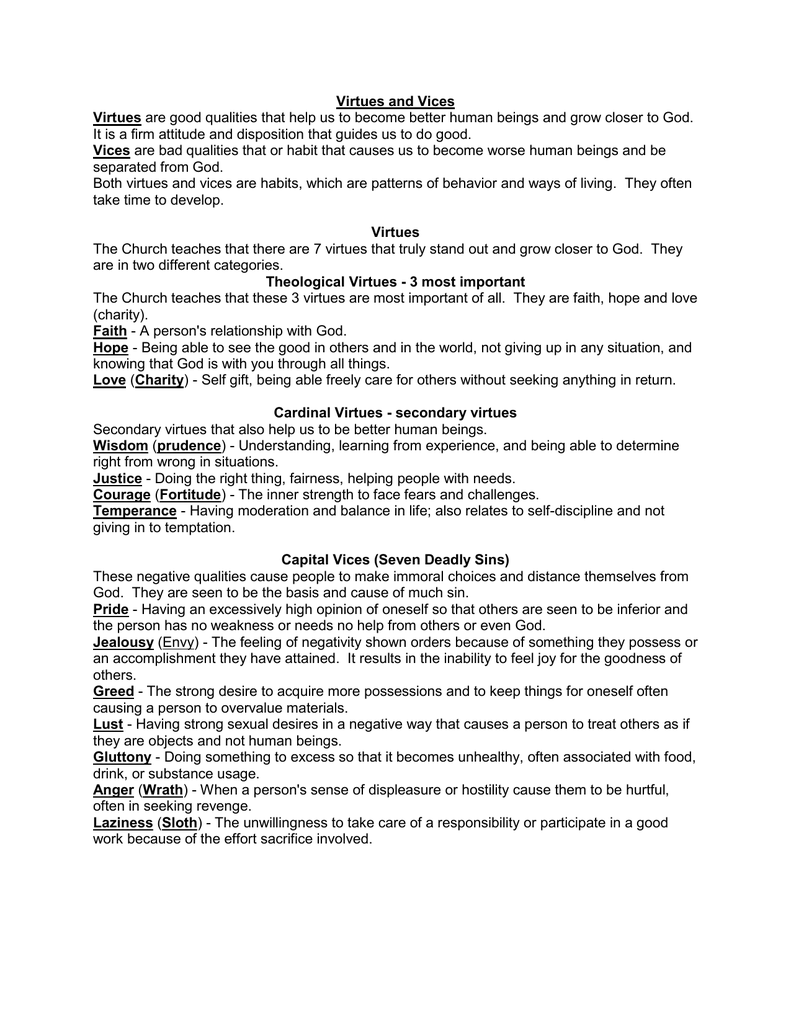


But despite the importance of practical decision making, in the final analysis the original Aristotelian and Socratic answer to the question of how best to live, at least for the best types of human, was, if possible, to live the life of philosophy. The type of wisdom which is required for this is called "prudence" or "practical wisdom" (Greek phronesis), as opposed to the wisdom of a theoretical philosopher (Greek sophia). Aristotle also claims that the right course of action depends upon the details of a particular situation, rather than being generated merely by applying a law. For example, Aristotle thinks that the man whose appetites are in the correct order actually takes pleasure in acting moderately.Īristotle emphasized that virtue is practical, and that the purpose of ethics is to become good, not merely to know. Like many ethicists, Aristotle regards excellent activity as pleasurable for the man of virtue. The highest aims are living well, and eudaimonia – a Greek word often translated as well-being, happiness or "human flourishing". So acting bravely and acting temperately are examples of excellent activities. Bravery, and the correct regulation of one's bodily appetites, are examples of character excellence or virtue. As Aristotle argues in Book II of the Nicomachean Ethics, the man who possesses character excellence will tend to do the right thing, at the right time, and in the right way. Aristotle emphasized the practical importance of developing excellence ( virtue) of character (Greek ēthikē aretē), as the way to achieve what is finally more important, excellent conduct (Greek praxis). Aristotle regarded ethics and politics as two related but separate fields of study, since ethics examines the good of the individual, while politics examines the good of the City-State, which he considered to be the best type of community.Īristotle's writings have been read more or less continuously since ancient times, and his ethical treatises in particular continue to influence philosophers working today. In philosophy, ethics is the attempt to offer a rational response to the question of how humans should best live. Some functionalities may not work in other browsers.Aristotle first used the term ethics to name a field of study developed by his predecessors Socrates and Plato. Note: Please use Internet Explorer (6.0 or above). Site designed and maintained by DIVA ENTERPRISES PVT. Privacy Policy ║ Copyright ║ Terms & Conditions ║ĥ26,493,125 visitor(s) since 30 th May, 2005.Īll rights reserved. Prudence, 15.Intellectual Virtue, 16.Moral Virtue, 17.Happiness. Hence, the external goods etc though are ingredients of happiness, virtue is primary.ġ. People are praised for their virtuous actions and blamed for their non-virtuous actions.


Intellectual virtues have to be learned and moral virtues become part of us as a result of habit. Virtue is two-fold: Intellectual virtue and Moral virtue. These are the virtues, which lead humans to happiness and a good life. Because of these virtues or positive character traits, he or she is committed to doing the right thing no matter what the personal cost, and does not bend to impulses, urges or desires, but acts according to values and principles. Some of the important virtues are generosity, courage, temperance, justice, wisdom, love, kindness, discipline, fortitude, honesty, prudence, and so on. Virtues are universal and recognized by all cultures as basic qualities necessary for our well-being and happiness. Aristotle definition of Eudaimonia is the active life and the rational activity of the soul in accordance with virtue in a complete life. In his Nichomachean Ethics, he develops a theory of the good life called Eudiamonia for humans. Aristotle conceived of virtues as those qualities the possession of which enabled an individual to achieve happiness that led to good life and the lack of which frustrated the person's movement towards this ultimate good. It allows the person not only to perform good acts, but to give the best himself. Virtues are firm habits to do what is right and good. Virtues are those qualities in which it is desirable for a person to excel and vices are those qualities which it is desirable for a person to refrain from. Possessing and exercising virtues lead to good lifeĪssistant Professor, Department of Studies in Philosophy, University of Mysore Manasagangotri, Mysore – 570006, KarnatakaĮxtolling certain virtues and denouncing certain vices is an integral part of the moral fabric of all cultures. ZENITH International Journal of Multidisciplinary Research


 0 kommentar(er)
0 kommentar(er)
